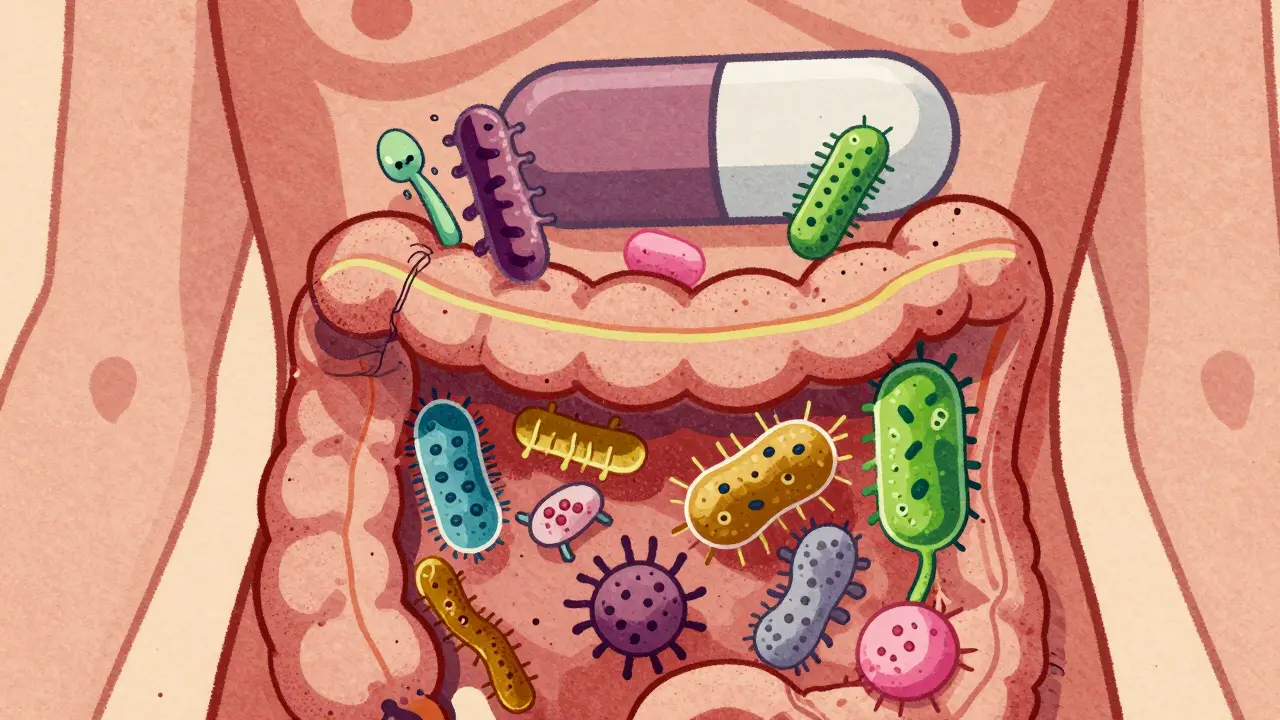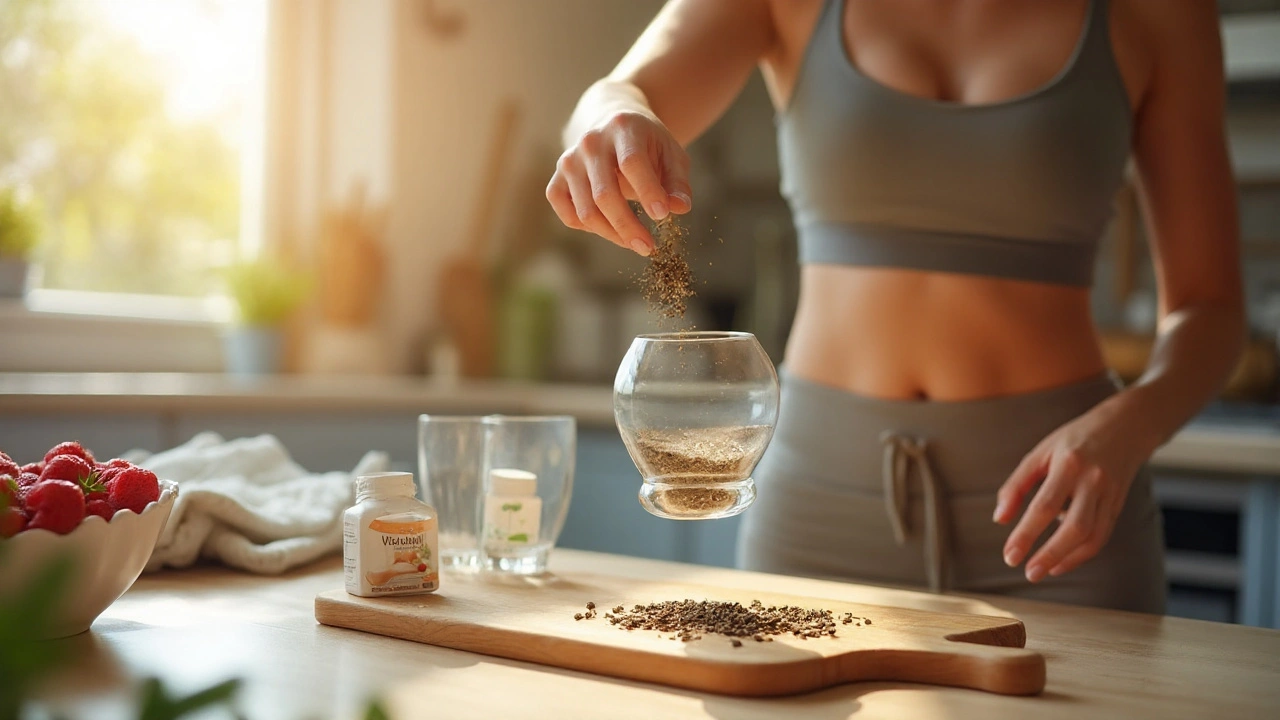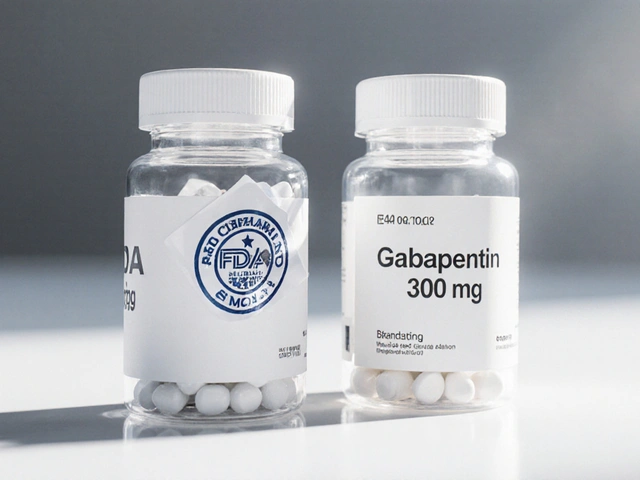Gut Health Basics: Simple Tips for a Happy Digestive System
If you’ve ever felt bloated, had irregular trips to the bathroom, or just didn’t feel "right," your gut might be trying to tell you something. The good news is that fixing a noisy gut doesn’t require a PhD in nutrition – a few everyday changes can set things straight.
Eat Foods That Feed Friendly Bacteria
Think of your gut like a garden. It thrives when you plant the right seeds. Fermented foods such as yogurt, kefir, kimchi, and sauerkraut are packed with live cultures that jump‑start good bacteria. You don’t need a daily serving; even a half‑cup of kefir or a spoonful of kimchi can make a difference.
Fiber is another big player. Soluble fiber found in oats, apples, and beans forms a gel that feeds microbes, while insoluble fiber from whole grains and veggies adds bulk to keep things moving. Aim for at least 25‑30 grams of total fiber a day – that’s roughly a bowl of oatmeal, an apple, and a handful of nuts.
Lifestyle Moves That Keep Your Gut Calm
Stress is a gut‑enemy. When you’re stressed, the nervous system sends signals that can mess up digestion and even change the makeup of your microbiome. Simple habits like a 5‑minute breathing exercise, a short walk after meals, or a nightly stretch routine can lower cortisol and give your gut a break.
Sleep matters, too. Most gut repair work happens while you’re snoozing. Strive for 7‑8 hours of consistent sleep; irregular patterns can throw off the bacteria rhythm and lead to bloating or irregularity.
Hydration is often overlooked. Water helps dissolve fiber and moves waste through your intestines. Aim for about 2 liters a day, and sip more if you’re active or live in a hot climate.
While food and habits lay the groundwork, a targeted probiotic can give your gut an extra boost. Look for a product that lists specific strains, like Lactobacillus rhamnosus or Bifidobacterium longum, and contains at least 5‑10 billion CFUs per dose. Take it with a meal to improve survival through stomach acid.
Lastly, keep an eye on triggers. Many people react to dairy, gluten, or artificial sweeteners with gas or discomfort. If a certain food consistently makes you feel off, try an elimination test for a couple of weeks and see if symptoms improve.
Bottom line: a happy gut comes from feeding good bacteria, staying relaxed, sleeping well, staying hydrated, and being mindful of personal intolerances. Start with one or two changes, stick with them for a few weeks, and you’ll likely notice less bloating, steadier bowel movements, and more energy. Your gut will thank you – and so will the rest of your body.







